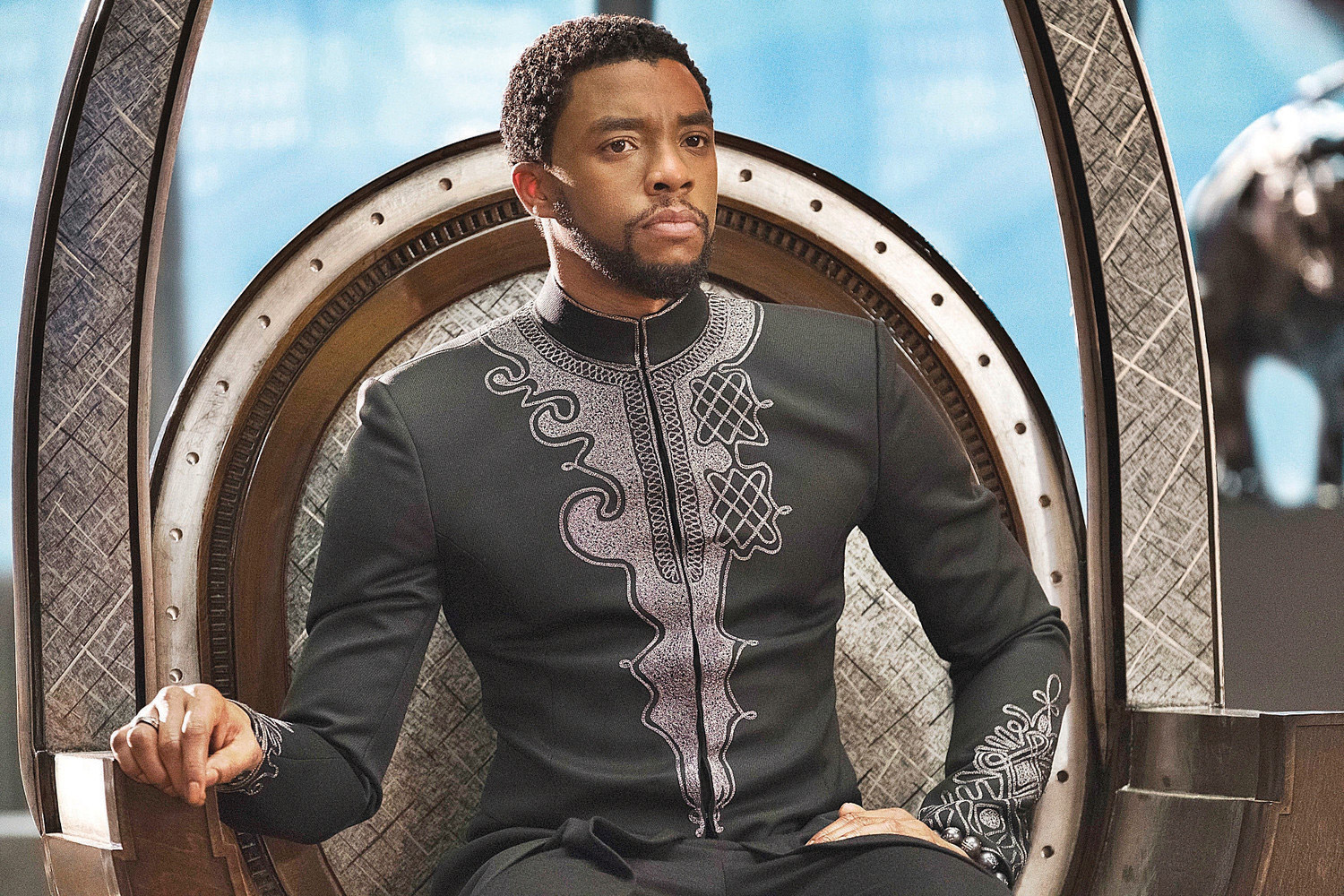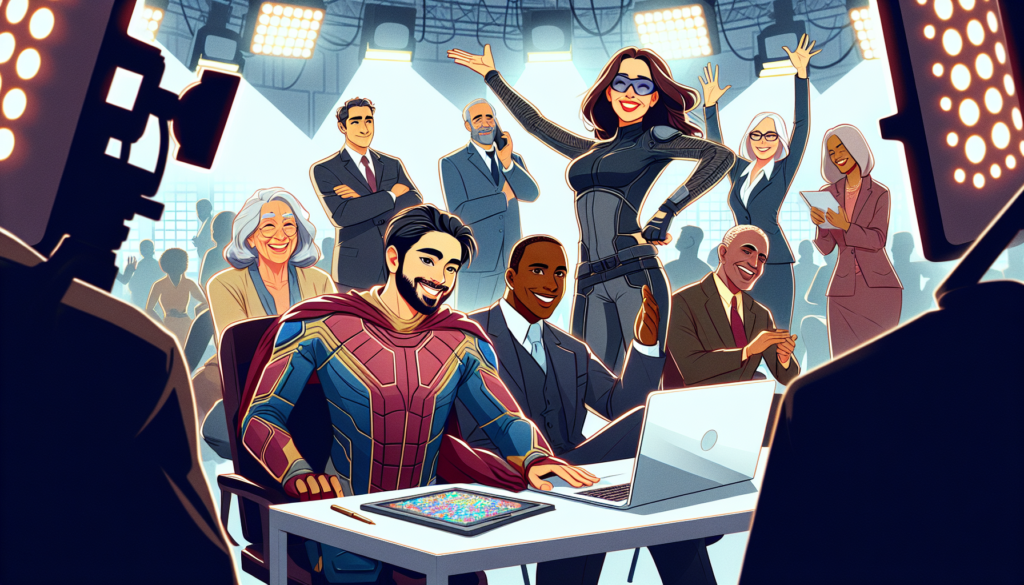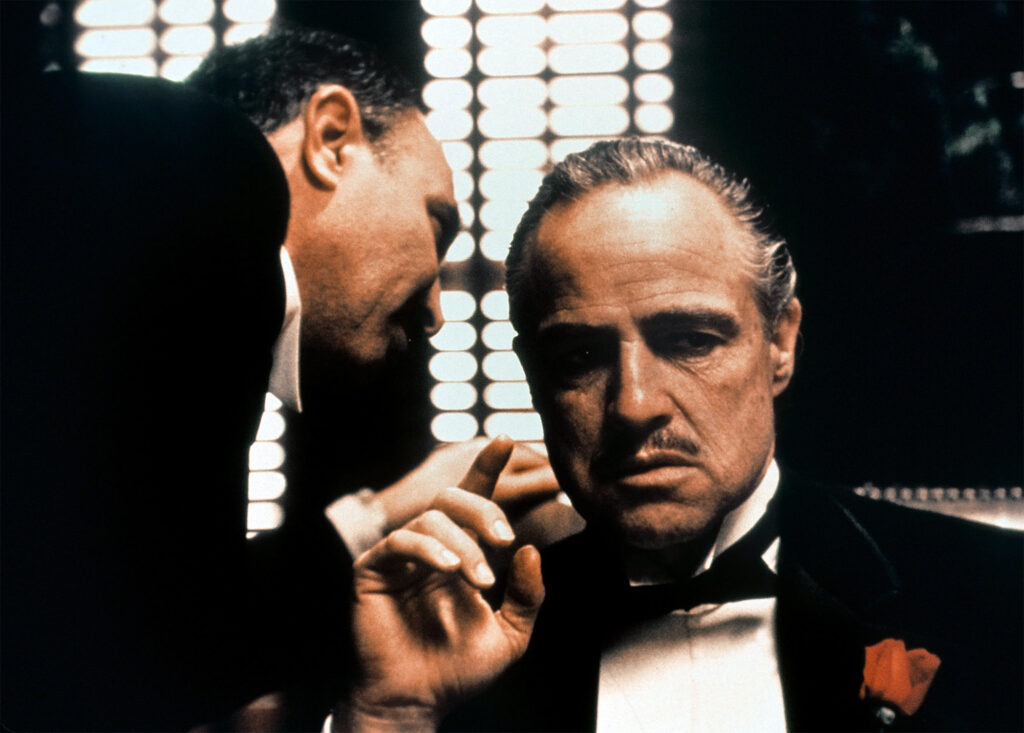“Black Panther” (2018), directed by Ryan Coogler, marks a momentous leap in Marvel’s cinematic universe. The film galvanizes its audience with its vivid aesthetic, cultural diversity, compelling storyline, and soul-stirring performances, connecting powerfully to different cultures while embracing the superhero genre.
Set in the fictitious African nation of Wakanda, the film follows T’Challa (Chadwick Boseman), who inherits the throne and the title of ‘Black Panther,’ after the death of his father. The movie takes us on an emotional plunge into T’Challa’s journey to assume his birthright, compressed with complex dynamics of politics, internal struggles, and heated rivalries.
Right off the bat, the film is visually stunning, to say the least. Wakanda is a jaw-dropping amalgam of futuristic technology and rich African culture brought to life by the intricate set designs and flamboyant costumes. The high-tech gadgets, derived from the powerful resource Vibranium, gives the Marvel Universe a sci-fi spin while preserving the unique Afrofuturistic flair.
The narrative painted by Coogler is no less captivating. The story is fraught with complexities, tackling issues of identity, legacy, and the burden of leadership. It’s not every day you’ll find a superhero film that questions deep-seated issues like isolationism and race. The narrative presents T’Challa as a hero trying to understand his role as a king, punctuated by a villain who is not simply evil for the sake of being evil but is tied by a compelling backstory.
Probably the greatest asset of the film is its impeccably crafted characters, each given depth and nuance. Boseman portrays Black Panther with a serious, regal air, blending perfectly with the calm yet commanding persona of the leader. Then there’s Erik Killmonger, the antagonist, portrayed by Michael B. Jordan. He’s a villain that audiences can empathize with – a wronged son seeking justice. This tension between hero and villain adds a layer of philosophical and emotional depth to the story, transcending traditional superhero movie cliches.
The rest of the cast also delivers power-packed performances. Lupita Nyong’o as Nakia, T’Challa’s love interest, and Danai Gurira as Okoye, the head of Wakanda’s all-female royal bodyguards, deserve special mentions. Both characters embody strength, tenacity, and loyalty and obliterate the stereotypical image of women in action movies.
However, it’s Letitia Wright as Shuri, T’Challa’s tech-savvy sister, that steals the spotlight. She provides many of the film’s lighter moments and embodies the new generation of Wakandans who are full of life, intelligence, and courage. She reminds us that the new world is one where women are not just warriors but inventors who play a pivotal role in the fight for justice.
The soundtrack of Black Panther, curated by Kendrick Lamar, is another standout. Integrating rap, African folk, pop, and Western classical symphony pieces, the soundtrack is just as dynamic, vibrant, and diverse as the film itself, enhancing the emotional resonance of the plot.
The film does falter, to some extent, with the usual CG-heavy action sequences that often plague Marvel movies. The final battle, especially, could have done with less CGI. Yet, these imperfections are minor in comparison to the film’s major triumphs.
‘Black Panther’ is truly a revelation in the Marvel Cinematic Universe. It’s a powerful testament to the potential of superhero cinema – a potential not just to thrill and amaze, but to challenge, to provoke thought, and to immerse audiences in a world as philosophically rich as it is visually stunning.
‘Black Panther’ acts as a beacon, a signal of change in a genre dominated by white superheroes. It dares to ask complicated questions, grapples with important social issues, and celebrates African culture while still delivering a stellar, action-packed superhero narrative. It’s a perfect blend of substance and spectacle and a comic book adaptation that will likely shape the future of superhero cinema.
Raking this movie, I would give Black Panther a 4.5 out of 5. There is no denying that ‘Black Panther’ has altered the landscape of superhero movies forever. It’s more than just a film; it’s a cultural phenomenon. Regardless of whether or not you’re a fan of superhero movies, you must see ‘Black Panther’. It’s not just a film – it’s a moment in history.




